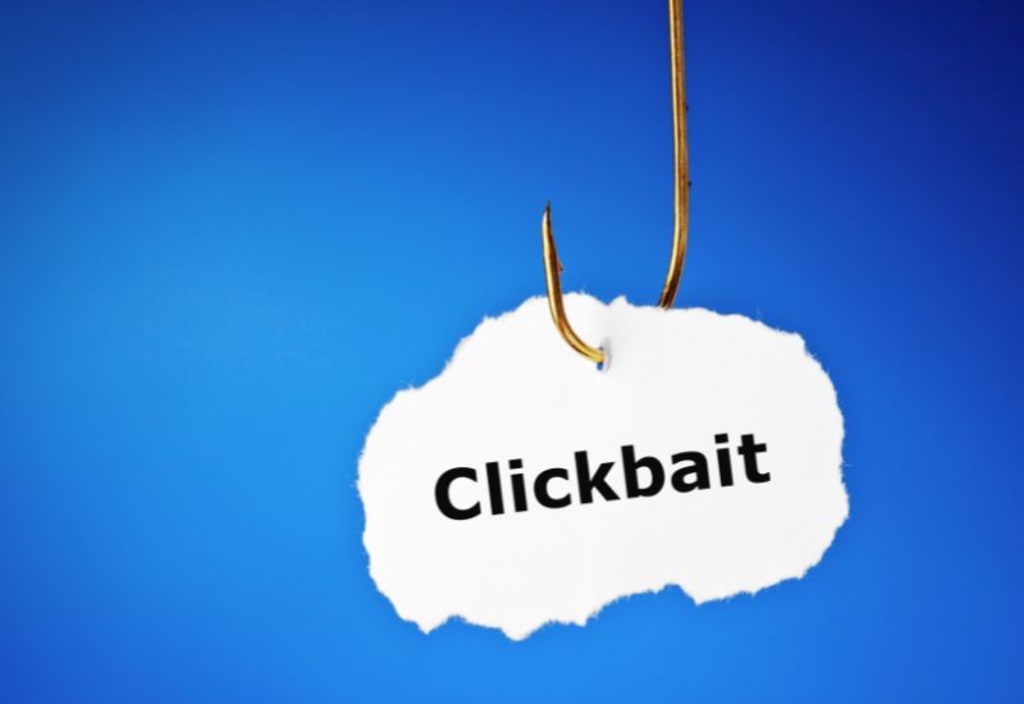Clickbait Champions? Unveiling the Dark Side of Popularity Awards
The Price of Viral Fame: Exposing the Tactics Behind Popularity Contests

The internet age has led to an explosion of popularity based awards across music, film, television, and literature. Platforms like YouTube, Spotify, and Goodreads track views, streams, and reads, converting consumer engagement into trophies for the most viral content creators. However, the legitimacy of many accolades is being questioned amidst allegations of manipulation, influencer peddling, and barriers to artistic merit. This raises concerns that genuine talent is losing out to manufactured celebrities.
Gaming the System

Unlike prestigious awards like the Oscars or Grammys, which rely on industry expert judging, many newer plaudits are awarded based purely on raw consumption metrics. This opens the door to gamification, where creators deliberately employ attention-grabbing clickbait headlines, scandalous scenes, or influencer promotions to goose their numbers.
Tactics can range from the overt, like selling merchandise bundles with free song downloads, to the covert, like using bot networks to simulate streams. When the trophies go to those most willing to scheme the algorithms rather than create meaningful art, it calls into question the legitimacy of the recognition. Are these still achievements worth celebrating?
Drowning Out Diverse Voices

These gamified systems also risk drowning out important, diverse voices that lack the resources or desire to chase manufactured virality. For instance, Goodreads awards often spotlight authors with pre-existing fanbases and social media marketing teams rather than fresh talent writing outside the mainstream. Instead of giving acclaim to new voices, the algorithms funnel attention back to those who need it least.
This compounds wider issues in the entertainment of underrepresenting creators from minority backgrounds. When metrics focus exclusively on popularity rather than critical acclaim or social impact, they typically reinforce existing imbalances rather than correcting them.
Prizing Popularity Over Merit

Many also argue that judging art purely on raw popularity divorces it from meaningful critical assessment. For instance, Spotify Top Artist awards go to those whose music is most streamed and who lose sight of songwriting craft, musical innovation, political commentary, or influence later generations. Much artistic genius is a niche, misunderstood in its time or challenging to mainstream tastes - aspects overlooked in a simplistic numbers game.
Reducing art solely to consumption creates perverse incentives for creators to pursue only the broadest mass appeal rather than push boundaries. Why try ambitious concepts unlikely to be widely grasped right away when funding and plaudits flow towards recycling palatable formulas? Over time, this risks dampening creativity, diversity, and merit.
Corrupting Creative Motivations
The obsession over consumption metrics also risks fundamentally changing creative motivations. Rather than pursuing their artistic vision, creators may deliberately start engineering content for algorithms - lacing songs with popular search terms or writing books filled with known viral tropes. This subverts entertainment's role in expressing unique perspectives, not chasing metrics.
Rebalancing Metrics and Measurement

So, what solutions could alleviate these issues? Firstly, awards bodies should increase transparency around selection criteria, voting rules, and winner eligibility. What constitutes the “most popular,” and how are different achievement facets weighted? Opening algorithms to public scrutiny would deter foul play.
Secondly, metrics-based entertainment awards should sit alongside, not replace, critical industry accolades like the Oscars and Mercury Music Prize. Popularity remains one achievement dimension, but judging panels can assess artistic innovation, political daring, or influence providing a counterbalance.
Finally, awards organizers and social platforms should nurture underrepresented voices with profiling schemes, discounted access initiatives, and multimedia presentation formats. Mainstream popularity will likely always be recognized but should not be the only route to validation.
In an era where public engagement is easier to manipulate than ever, we must be critical of how that engagement converts into trophies. Numbers are not everything - context, due process, and artistic integrity matter too. Only by upholding these values can accolades reward clickbait champions and enduring creative brilliance.
About the Creator
Mike Szczesny
I am the owner and vice president of EDCO Awards & Specialties, a dedicated supplier of employee recognition products, branded merchandise, and athletic awards. We help companies in expressing gratitude and appreciation to their employees.






Comments
There are no comments for this story
Be the first to respond and start the conversation.